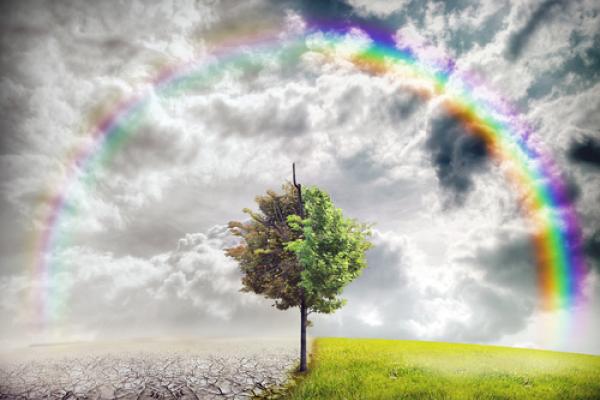Sister Kathy Long turned toward my 13-year-old daughter and asked one question: “What will you tell your friends about spending this month in Mexico?”
In a public park in Cuernavaca, Mexico, we sat on a concrete bench next to six women who chatted and stitched embroidery patterns with brightly colored thread.
I glanced toward the sewing group, realizing that Maya would have rolled her eyes if I had asked her that same question. An intrusive query from a mother seemed compelling coming from a Catholic nun who worked in Mexico, promoted justice amid poverty, and even spent three months in jail for protesting the military training of Latin American leaders in the U.S.
“I will tell them that rich people and poor people are all people in the end,” Maya responded. “If you have three cars and two houses, you are a person just like someone whose house is made of cardboard or metal.”
Maya and my 6-year-old daughter, Annie Sky, volunteered with a kindergarten program in La Estación, a squatters’ settlement that is home to about 5,000 families in Cuernavaca. Sister Kathy facilitates such cross-cultural exchanges in her leadership at the Cuernavaca Center for Cross-Cultural Dialogue and Development (CCIDD), an ecumenical social justice center with a 35-year history in Mexico.
When we visited families in La Estación, Sister Kathy pointed out that most of the roofs were too flimsy for CCIDD to construct rainwater catchment systems. We talked about the challenges faced by these households to respond to fluctuations in the weather, the economy, and access to natural resources such as water.
Communities across the globe are being affected by the impacts of climate change, from food insecurity to extreme temperatures, but those with more resources are better able to adapt. My daughter was right: the rich and the poor are all people, but climate change is having a disproportionate impact on the world’s poor.
As heat waves and fires ravage the U.S. this summer, many of our politicians and conservative think-tanks continue to ignore the reality of climate change. In contrast, other countries are moving forward with plans for adaptation and mitigation
A recent study by the Massachusetts Institute of Technology (MIT) of 468 cities worldwide found that 95 percent of major cities in Latin America have created plans to confront the impacts of climate change, contrasted with 59 percent of major cities in the U.S. The city of Quito, Ecuador, for example, has developed strategies for dealing with probable water shortages. The MIT survey found that 79 percent of major cities worldwide had experienced changes influenced by climate change, such as in rainfall or sea level rise.
Given the state of politics in the U.S., what are the next steps for Christians who believe that all people deserve justice in the face of our changing climate?
Within congregations, houses of worship such as Oakley United Methodist Church in Asheville, N.C., have reduced their carbon emissions through church gardens, which produce food for the local community. The church parking lot now serves as the site for a weekly farmers market. Other churches have focused on stewardship of energy, such as Shiloh Baptist Church in New Jersey, which has saved $7,000 per year by installing solar panels and weatherizing the church.
And lastly, churches are translating their intentions into policy change, in places such as Washington state, where Earth Ministry led the successful battle to pass legislation in 2011 to transition the state off coal-fired power. This year, the organization 350.org is collaborating with allies including faith communities to lobby Congress against fossil fuel subsidies for industries that damage God’s people and the Earth. A wide range of churches and religious organizations, from local to international, are stepping up to the task.
These changes are about more than switching from Styrofoam cups to ceramic mugs at coffee hour. This collective power can transform our congregations into relevant houses of worship responding with vision to our changing climate.
Now that’s a story of justice that my daughter might want to share with her friends at school.
Mallory McDuff, Ph.D., teaches environmental education at Warren Wilson College in North Carolina. She is the author of Sacred Acts: How Churches are Working to Protect Earth’s Climate (NSP, 2012) and Natural Saints (OUP, 2010).
Climate change illustration, red-feniks / Shutterstock.com
Got something to say about what you're reading? We value your feedback!
